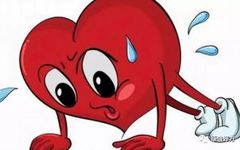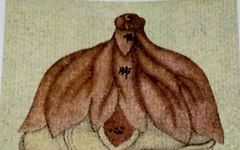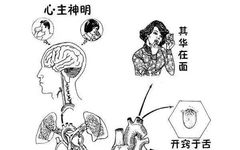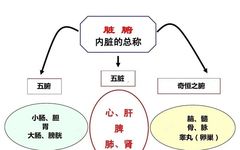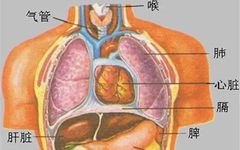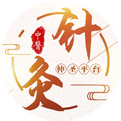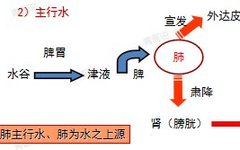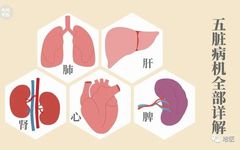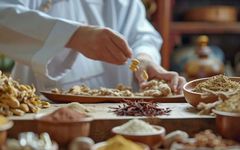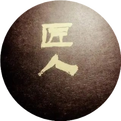Nourishing the Five Organs: Heart, Liver, Spleen, Lung, and Kidney Essentials
The heart holds a position in the five organs of the human body akin to that of a king on a chessboard, referred to as the “Ruler’s Official”, governing the circulation of qi and blood throughout the body. Traditional Chinese Medicine (TCM) states that the heart houses the spirit (shen). When the heart’s qi and … Read more

